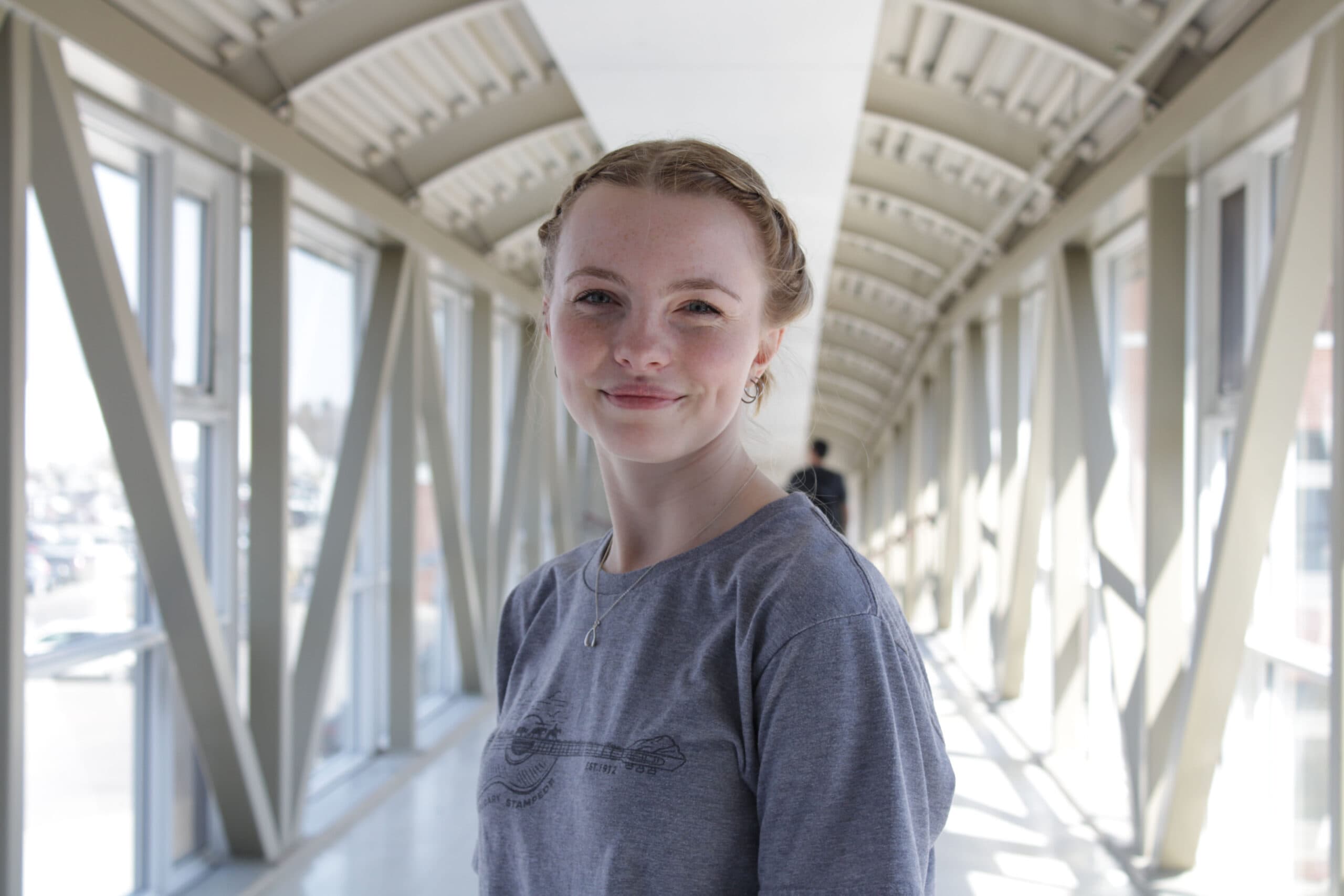The cost of sleeping in is killing students’ mental health

Waking up in the morning and realising you don’t have class until the afternoon is one of the best feelings in the world. Until it’s not.
For the better part of the winter semester, curling up in my bed without a worry until my 1 p.m. class was my favourite thing. That is, until I found my mood growing sour, my stress levels peaking at an all-time high and my sleep schedule becoming so erratic that I was losing hours every night to restless tossing and turning.
All of this stemmed from late afternoon and evening classes.
Students who consistently have late classes, particularly those who do not have any morning classes to balance them out, will experience a decline in their quality of sleep, mental stability and physical health. Late classes disrupt students’ circadian rhythms and falter our biological clocks.
Now, not everyone is the same, so not everyone will have the same reaction to late classes. Some students love having the morning to themselves, and function well despite the atypical schedule.
However, if you are like me, then late classes could become a hazard to you.
My typical weekday consists of waking up between 9:30 a.m. and 10 a.m. I get ready at my leisure, sometimes spending several unproductive minutes on my phone in bed, before leaving for school. After my 35-minute drive, mercifully skipping traffic, I attend my classes as normal, leaving school after 5 p.m. on most days. The commute home, as well as any necessary errand I have to run, take up the majority of my evening. Then there is my nightly routine — eat dinner, shower, etc. And finally, there is the homework or assignments I must complete before bed.
With all that work to do after the evening class, time slips away and before I know it, I’m facing a midnight bedtime.
To understand how bad going to bed late truly is, we must examine the opposite.
Waking up early and starting your day as the sun rises is how our bodies were meant to function. In a study by the Marsh McLennan Agency, physiologist and sleep expert Nerina Ramlakhan and neuroscientist Chelsie Rohrscheib say humans are meant to follow the sun’s progression around the earth.
Humans have a biological clock, and light is what sends signals to our brains that tells us when to sleep. It’s called the circadian rhythm. When the sun is shining, our eyes suppress the melatonin — the hormone in our bodies that sends signals to our body to sleep — keeping us awake, and vice versa when the sun sets.
Consistently going to bed late or after midnight disrupts that rhythm. If you go to sleep after midnight and wake up later in the day, you are not getting enough sun exposure to maintain the circadian rhythm. This results in poor mental stability and chronic exhaustion that will affect your daily life.
According to a study done by Centers for Disease Control and Prevention (CDC) published in September 2022, 60 per cent of college students experience poor quality of sleep and 26 per cent suffer from insomnia. The study concluded that students who suffered from poor sleep results in irritability, increased tension, depression, decreased life satisfaction and poor academic performance.
Students who have later classes have a disturbed circadian rhythm that affects their quality of life beyond what is recommended. As a result, their academic performance and overall mental stability is suffering due to later classes.
Prioritizing students’ health and well-being should be a priority for the college, and that starts with their sleep schedule. Many of the problems students face — fatigue, burnout, depression, etc. — can be helped by starting their day earlier and leaving school at a decent time, before the sun sets, to maintain that circadian rhythm and improve quality of life.
Because that’s what it all boils down to. Students’ quality of life is being crushed under a heavy weight, and late classes have a direct involvement with that weight. In order to resolve this issue, we need to go back to the fundamental necessities humans need to live: nutrition, environment and sleep.
Students are people. It’s time to start treating them as such.








